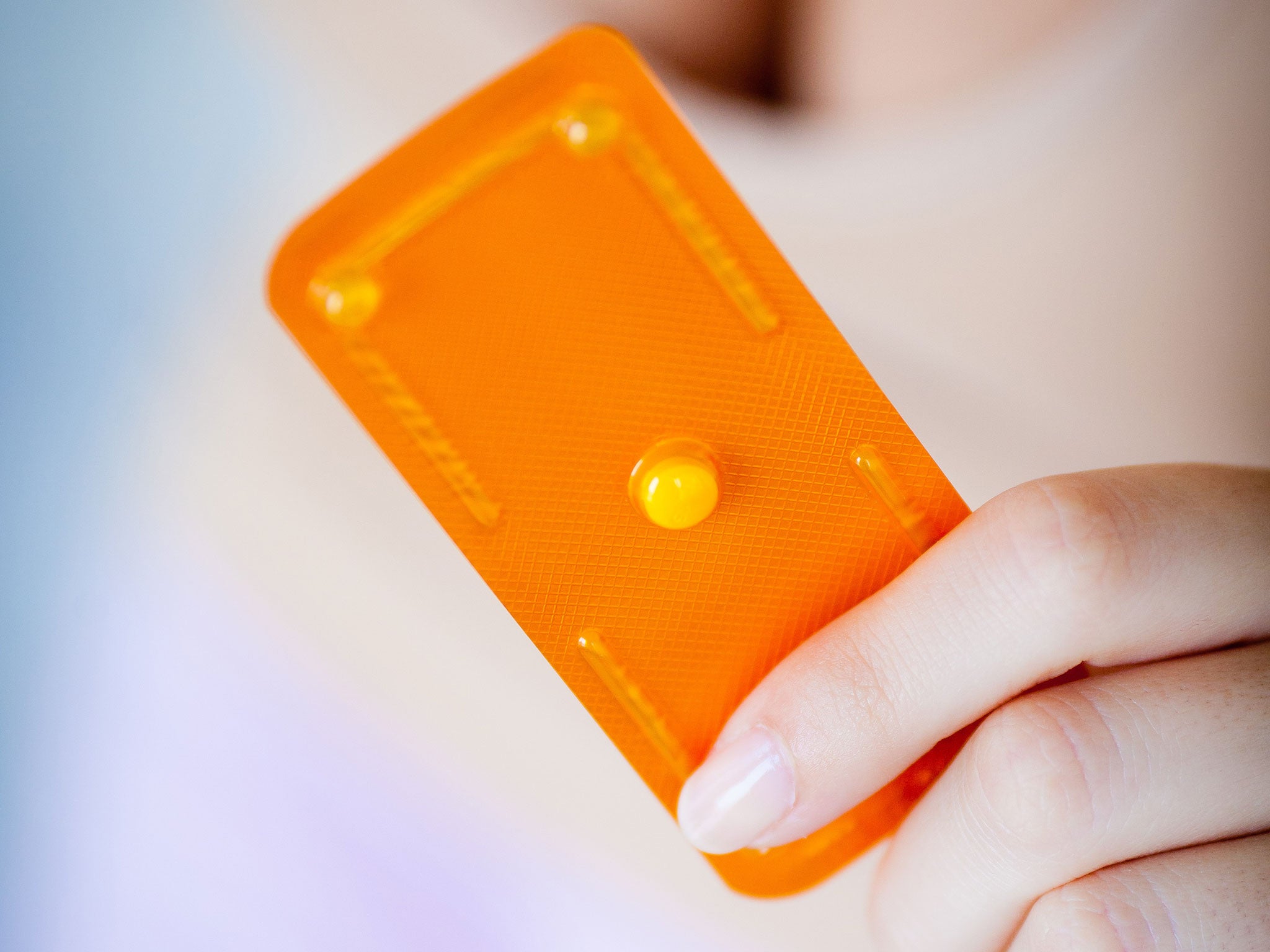Of course girls under the age of 16 should have access to the morning after pill
Why should our system seek to cause further harm or distress to a woman in crisis?

Your support helps us to tell the story
From reproductive rights to climate change to Big Tech, The Independent is on the ground when the story is developing. Whether it's investigating the financials of Elon Musk's pro-Trump PAC or producing our latest documentary, 'The A Word', which shines a light on the American women fighting for reproductive rights, we know how important it is to parse out the facts from the messaging.
At such a critical moment in US history, we need reporters on the ground. Your donation allows us to keep sending journalists to speak to both sides of the story.
The Independent is trusted by Americans across the entire political spectrum. And unlike many other quality news outlets, we choose not to lock Americans out of our reporting and analysis with paywalls. We believe quality journalism should be available to everyone, paid for by those who can afford it.
Your support makes all the difference.For the first time, a morning-after pill has been officially licensed for girls under 16. EllaOne, a pill that’s effective up to five days after having sex, will be available from pharmacies across the UK to any woman who needs it.
This is an amazing development. Regardless of age, a woman can now walk into a reputable and safe environment to make a decision about her body.
Last year, 4,648 under-16's got pregnant. Over half decided to have an abortion. I dread to think of how many of them were forced to carry a foetus for more time than necessary because the framework wasn’t in place to offer them a means to an end when they first needed it.
There is a stigma that surrounds young women having sex lives, and a number of obstacles that prevent them from making informed choices. As a teenager, I found it massively embarrassing to walk into a chemist and buy condoms, or ask a male doctor about changing my contraceptive pill, whose brow only furrowed when I mumbled something about Yasmin. And sex education in the UK leaves is woefully lacking. The burning questions are largely left unanswered: at my Catholic school in Northern Ireland I was never taught how to put on a condom or about other basic forms of contraception, or what options were available if you found yourself pregnant (particularly somewhere like NI, where abortion is illegal).
Although this new move with EllaOne is great, there are still barriers in the way of a young woman in crisis. Priced at £34.95, it’s a huge cost to someone who may be making £4.00 an hour in an after school job or even living off of weekly pocket money. Visiting a pharmacy can feel shameful or intimidating with a barrage of questions asked to ascertain levels of responsibility, known as the “Gillick” competency. Of course, it’s important to check that the woman is there of her own free will and that sex was consensual, but these obstacles put what should be a easy option at almost unreachable heights, with humiliation hoops to jump through first.
It’s short-sighted to think young women aren’t having sex. And since they are, we should ensure they have adequate safety and support. Asserting that measures like this will hike up the amount of teens having sex is naïve, self-serving and misguided, when the alternative is much more dangerous. Why should a system seek to cause further harm or distress to a woman in crisis?
Join our commenting forum
Join thought-provoking conversations, follow other Independent readers and see their replies
Comments